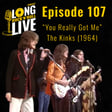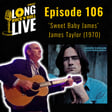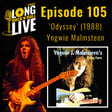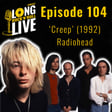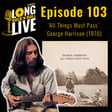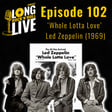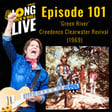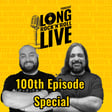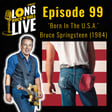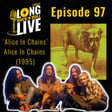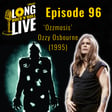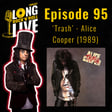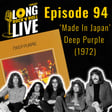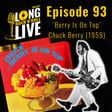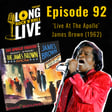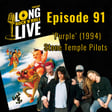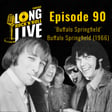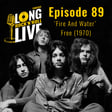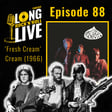
70. 'In The Court Of The Crimson King' - King Crimson (1969)
'21st Century Progressive Band'
In 1969, a new Progressive Rock band stormed onto the scene. King Crimson made several appearances throughout the year and exposed themselves to large, attentive and accepting audiences with big, impactful live shows.
Following this success came an album that would pioneer, innovate and lay down the foundations for Progressive Rock. ‘In The Court Of The Crimson King’ showed to the world exactly what this fresh, new Progressive Rock was and how you could take all the external elements and amalgamate them into a singular, connected, seamless piece of art.
Is ‘In The Court Of The Crimson King’ the definitive Prog Rock album? We discuss!
Episode Playlist: https://open.spotify.com/playlist/2vAkHj1QJRrTg76aqA3TiI?si=7b47f002f8f84f17
LONG LIVE ROCK ‘N’ ROLL
